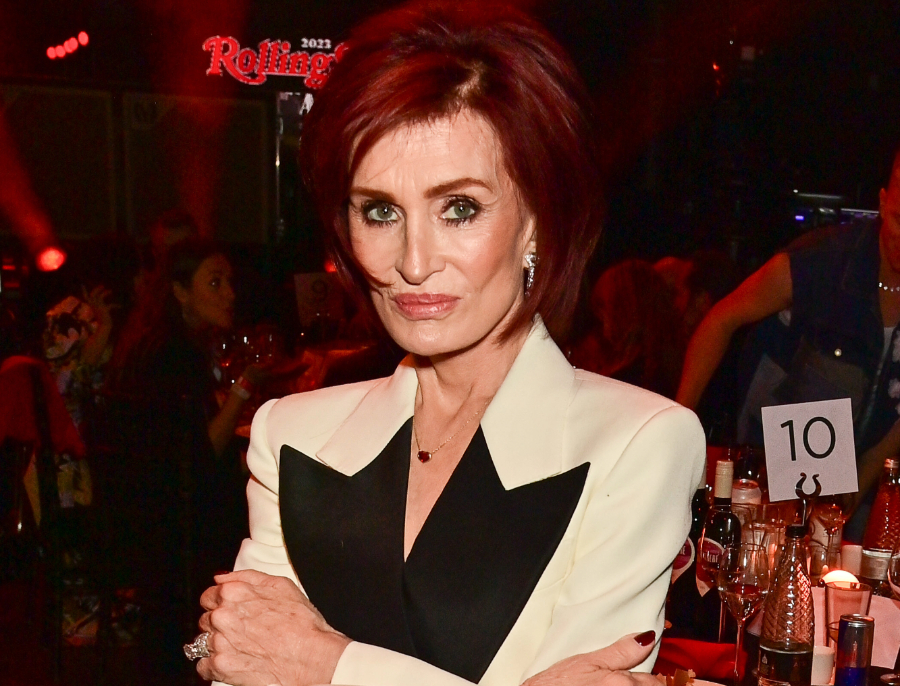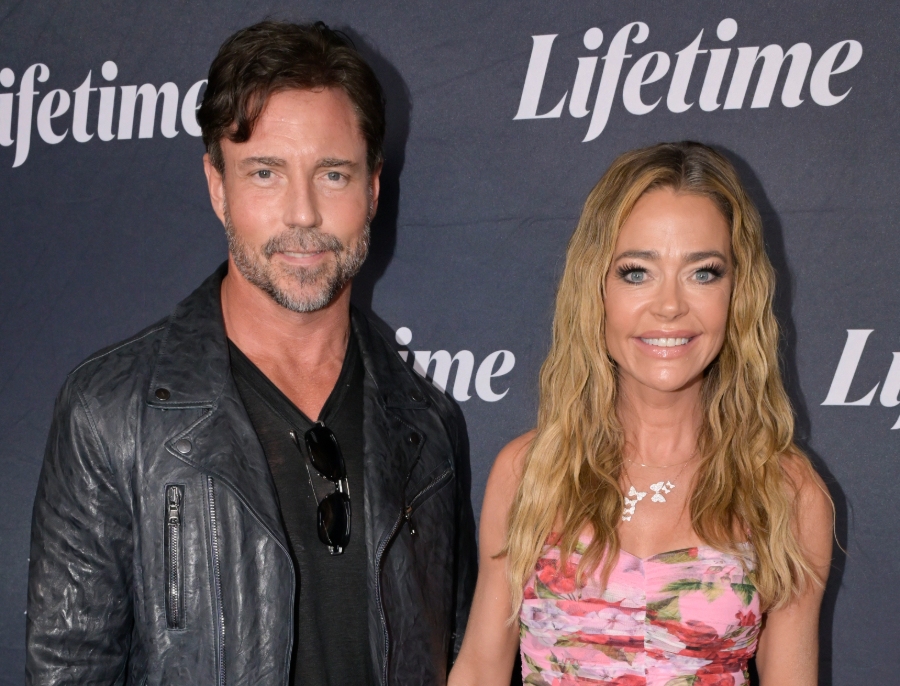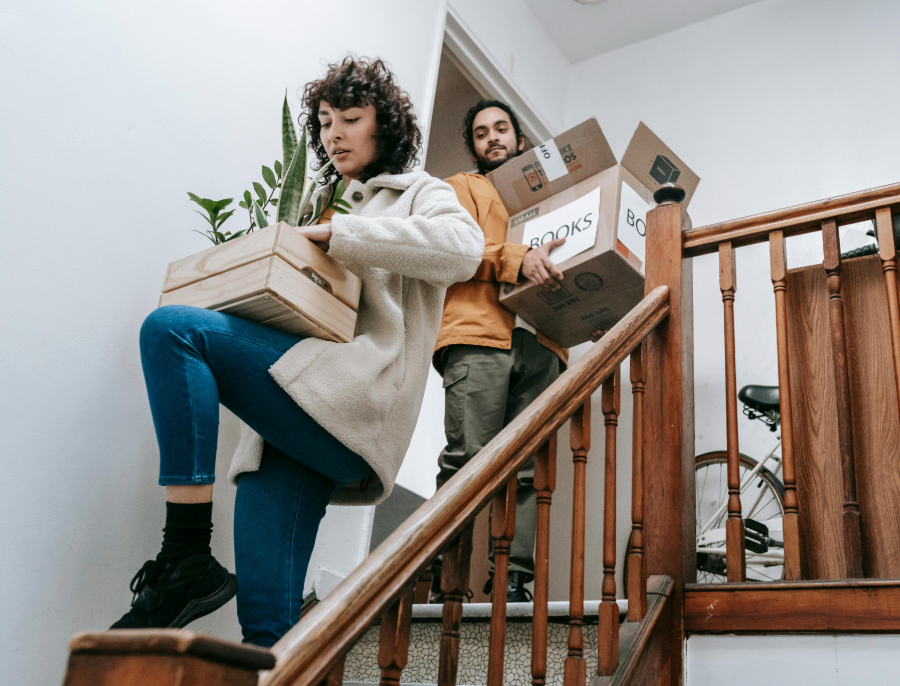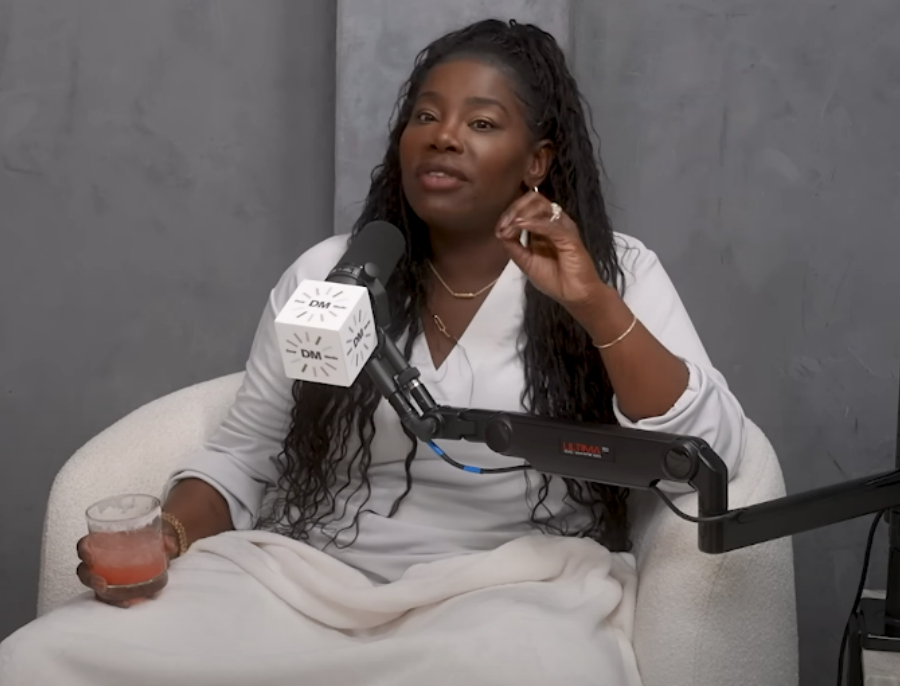Aaron Carter’s Death Changed His Twin Sister, Angel Carter Conrad, Forever

The news of Aaron Carter’s tragic death on November 5, 2022, stunned an entire generation. Yet probably no one felt the loss more acutely than his twin sister, Angel Carter Conrad.
On Live from Bed with Jade Iovine, Conrad opens up during an intimate conversation about the complicated grief of losing a loved one who was not only a sibling, but also a mirror. Conrad explains how that loss now fuels her mission to keep other families from facing the same heartbreak.
Losing a twin “hits you differently”
Back in April, Conrad told Page Six that she was the “neglected” twin, and that behavior was what ultimately saved her life. That didn’t mean, however, that losing her twin brother didn’t cause her pain.
“You always tell people, losing a twin, it hits you differently. It really does,” Conrad admits to Iovine, her voice equal parts steadiness and sorrow. In the 11 years between 2012 and 2023, she buried three siblings and her father—each death tied to substance use. But Aaron’s felt different.
As Conrad explains, she and Aaron “were one another’s rocks,” and he relied on her to “never [be] a yes person,” even when addiction clouded his judgment.
Turning pain into purpose through mental health advocacy
Despite the trauma, Conrad says, “I feel very grateful to be able to put pain into purpose.” She channels that purpose into On Our Sleeves California, the mental health initiative she partnered with after her brother died. “Working with the Kids’ Mental Health Foundation [has] been such a gift because I’ve been able to put that grief into something so positive,” she tells Iovine. Her goal is to ensure the next generation recognizes mental health the same way it recognizes physical health—early, openly, and without shame.
Conrad also sees her advocacy as a way to preserve the real Aaron—the empathic kid who wanted to “be helping people [and] changing the narrative,” had addiction not derailed his plans.
The heartbreaking final week of Aaron Carter
Conrad’s candor about Aaron’s last days is gut-wrenching. “That week leading up to his death was really hard, and he was spiraling out of control,” she recalls. After seeing him inhale compressed air dusters during a TikTok live, she called to confront him about the danger. His denial, deflection, and blame were textbook addiction, but Conrad “knew this wasn’t gonna end well.”
Four days later, emergency responders found the 34-year-old unconscious in the bathtub of his Lancaster, California, home. The coroner later ruled his death an accidental drowning, exacerbated by inhaling difluoroethane and taking Xanax. Aaron left behind his fiancée and their one-year-old son, Prince.
Why early intervention matters for every family
Conrad stresses that addiction rarely begins in adulthood. “We don’t say it’s about preventing. It’s early intervention: having these conversations with your kids from birth and incorporating mental health into the family dynamic,” she urges.
With fentanyl-laced pills and even deadlier synthetics flooding the illicit market, one experimental choice can be fatal. Conrad’s organization equips parents and schools with tools to talk about anxiety, peer pressure, and substance use long before crisis strikes.
She also underscores the genetic component. “We are gonna deal with the genetic component, so I think about those things as a mother,” she says. For families with a history of addiction or mental illness, proactive mental-health check-ins are essential.
Honoring Aaron Carter’s real legacy and looking ahead
Conrad refuses to let Aaron Carter be defined solely by tabloid headlines or his disease. She is shepherding unreleased music into the world so fans can remember the vibrant performer who once toured with iconic musicians like the Backstreet Boys and Britney Spears. Meanwhile, the Paramount Plus docuseries The Carters: Hurts to Love You examines Aaron and his brother, Nick Carter’s, complicated bond, their struggles with substance use, and the painful deaths that followed—as told by Conrad herself.
But Conrad’s focus is forward: “All I can do is keep looking forward and turn the narrative around and allow people a space to have some empathy and some compassion to these people who struggle with addiction and who don’t wanna be this way.””
If you or someone you know is struggling with addiction or suicidal thoughts, seek help immediately by calling or texting 988 in the U.S. (Suicide & Crisis Lifeline), dialing 1-800-662-HELP (4357) for SAMHSA’s free, 24/7 treatment-referral service, texting HELLO to 741741 for the Crisis Text Line, or contacting 911 in the U.S. if you are in immediate danger.




















Leave a Reply